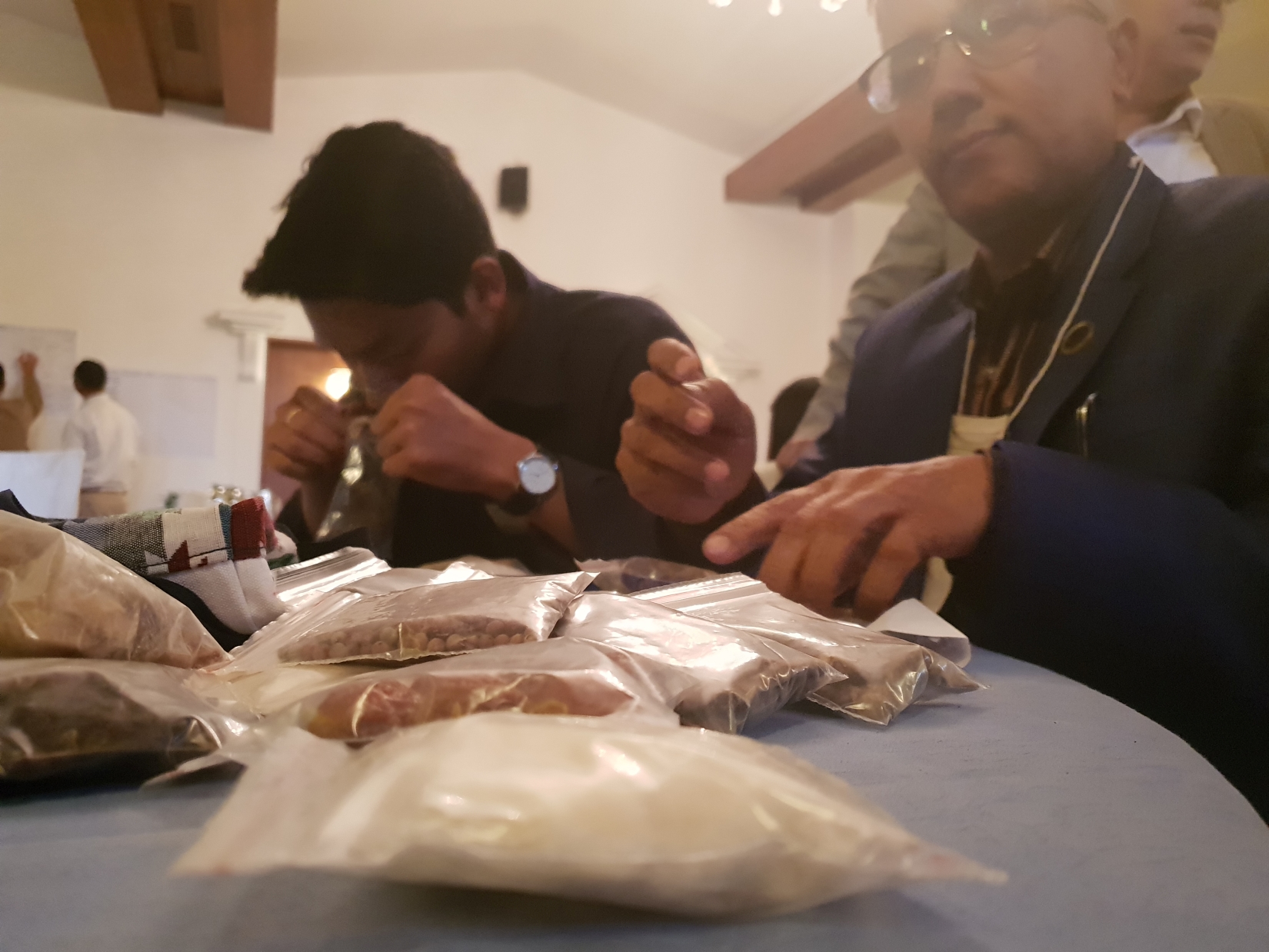Scaling conservation via sustainable trade

Child reading guide on Jatamansi management practices to illiterate parents. Credit - ANSAB.
Scaling conservation of Himalayan plants and fungi through fair and sustainable trade
The cornerstone IPBES Sustainable Use of Wild Species Assessment emphasises the reality that a fifth of the global population relies on wild plants for food and income. These are a foundation for the livelihoods and cultures of Indigenous Peoples and Local Communities. As well as food, around 50,000 wild species of animals, plants, and fungi are used for energy, medicine, materials, and other essential purposes. These species are equally fundamental for the survival of the ecosystems they inhabit.
Herbal remedies are dramatically growing in demand. In Nepal, as many as 300 medicinal and aromatic plant species and fungi are traded annually, worth tens of thousands of tons, and millions of USD. However, if the regions and supply chains are poorly managed, these wild species and ecosystems are defenceless against the accelerating global biodiversity crisis, climate change, and increasing international demand.
The ‘Himalayan Plants For People’ project looks to enhance and conserve floral and fungal diversity in the Himalayan region of Nepal through sustainable management, traceable and equitable trade based on empowered and resilient communities, strengthened policies, and responsible value chains of high-value Non-Timber Forest Products (NTFPs) in 10 prioritised districts.
"Herbal remedies are dramatically growing in demand. In Nepal, as many as 300 medicinal and aromatic plant species and fungi are traded annually."
Working with harvesters
So far, the project work led by ANSAB in Nepal has reached over 3,000 harvesters with improved knowledge through orientation, coaching and technical backstopping in sustainable forest management, NTFP harvesting, and organic and FairWild standards.
Local community harvesters received formal training in sustainability, organic, and ethical standards (like FairWild) to ensure the conservation of important species and preserve livelihoods through fair working conditions. Harvesters from a previous Darwin Initiative-funded project, ’Succeeding with CITES sustainable and equitable Jatamansi trade from Nepal,’ have also received follow-up support in sustainable forest management, NTFP harvesting, and organic and FairWild standards.
This initiative has worked along the supply chain with harvesters, producers, and companies importing or exporting wild plant and fungi species to encourage improved industry engagement and systematic change to supply chains.
"Projects looking to increase the sustainability of products not only help the ecological status of a species but have knock-on effects on national and local economies, helping to ensure people can put food on their table for generations to come."Supporting the local communities, especially women
Approximately 40% of people participating in capacity-building activities so far are women. One of these women, Ramila Bohara, explained in an interview at a recent TRAFFIC co-hosted workshop held in Nepal just how important the trade in plants and fungi is for her family’s income after the untimely loss of her husband.
After being introduced to the idea by a prospective buyer, she now finds that the sales of harvested plants and fungi purchased mainly from local women harvesters surpass the sales from her shop selling cigarettes and other items.
With this increase in income, she can ensure there is food on the table, and keep her children in school. She hopes that with a school education which she did not receive, her children will be able to have careers with monthly incomes and a brighter future.

Roadmap for the sustainable management of commercial medicinal and aromatic plants, and fungi of Nepal
Through a collaborative initiative, the ‘Himalayan Plants for People’ project purposefully brought and mixed stakeholders from different areas of the Nepalese supply chain around the same table to identify, compare, and rank opportunities and stumbling blocks in reaching sustainable management of commercial medicinal plants in Nepal. From these deliberations, there was consensus on engaging:
- Regional institutions and coordination for a sustainable wild plant trade,
- Improved cultivation techniques and incentives like tax exemptions to reduce overharvesting and habitat destruction,
- Comprehensive high-altitude management, including simple tasks like seed dispersal to enhanced resource monitoring and control,
- Sustainability certification and in-country processing to help increase the socio-enviro and monetary value, exportability, and international marketing of products, and
- National policy and institutional changes for the sustainable wild harvest of vulnerable species.
"Projects like this can function as blueprints for initiatives that improve trade for the planet and people."
Cementing this, stakeholders in Nepali wild plant and fungi supply chains have issued The Jadibuti Declaration to 2030, highlighting the current vulnerabilities of unmanaged species and their potential for domestic growth as part of the development of the ‘Roadmap for sustainable management of commercial medicinal and aromatic plants and fungi of Nepal.’
Projects looking to increase the sustainability of products not only help the ecological status of a species but have knock-on effects on national economies and local incomes and, in turn, help to ensure people can put food on their table for generations to come. Projects like this empower governments to meet global targets, such as those contained in the Kunming-Montreal Global Biodiversity Framework, CITES initiatives, and Sustainable Development Goals. They can function as blueprints for initiatives that improve trade for the planet and people.
Further information regarding ethical sourcing of wild plant material can be found on TRAFFIC’s WildCheck website. The site can be used by businesses, communities, and individuals to learn more about and commit to responsible and fair trade in plant and fungi material.
Written by Abbie Pearce. For more information on this Darwin Initiative Main project 28-026, led by TRAFFIC International, please click here.

 Back
Back